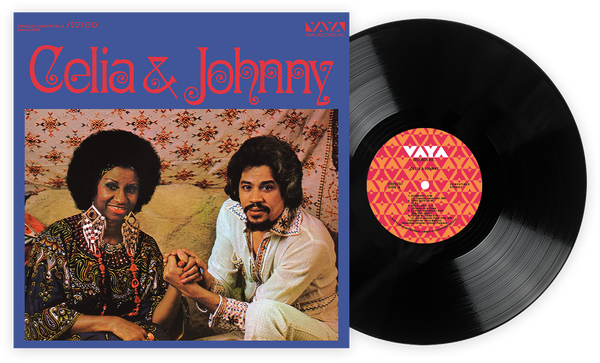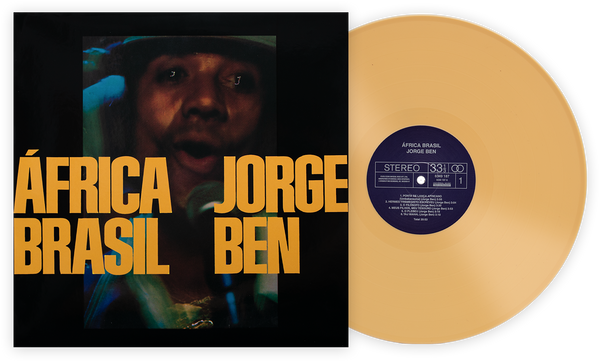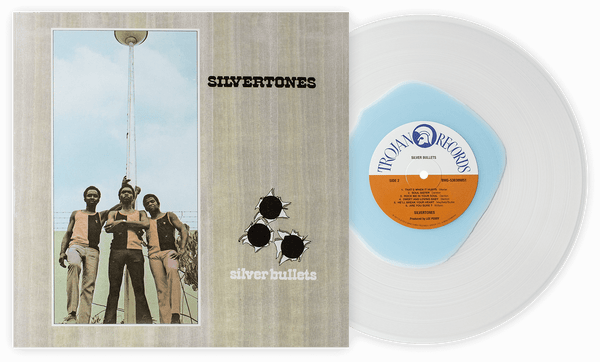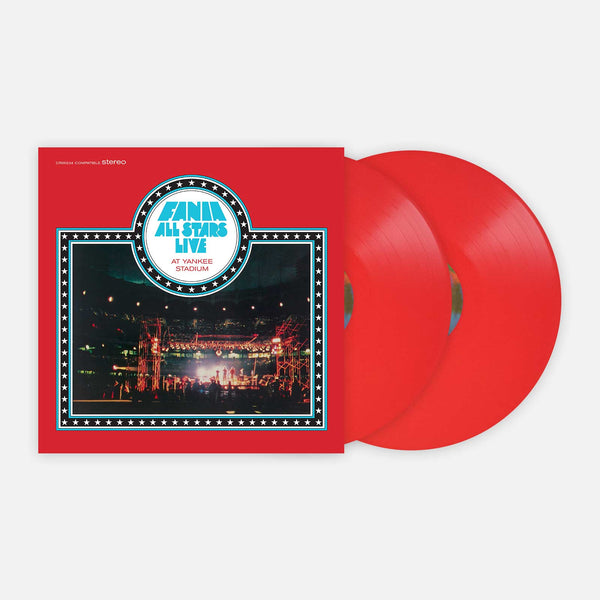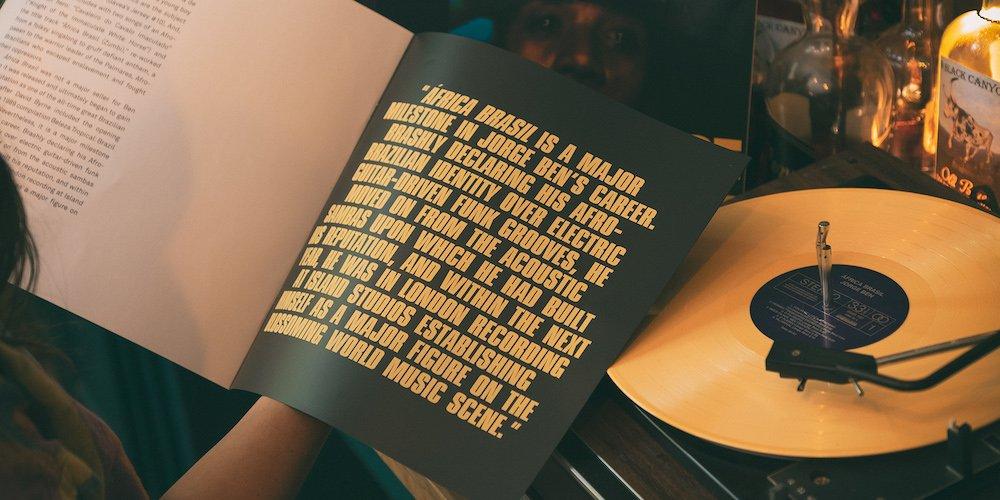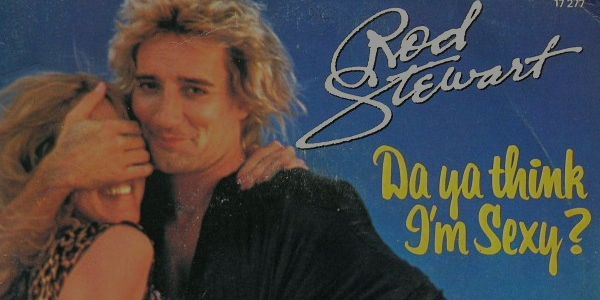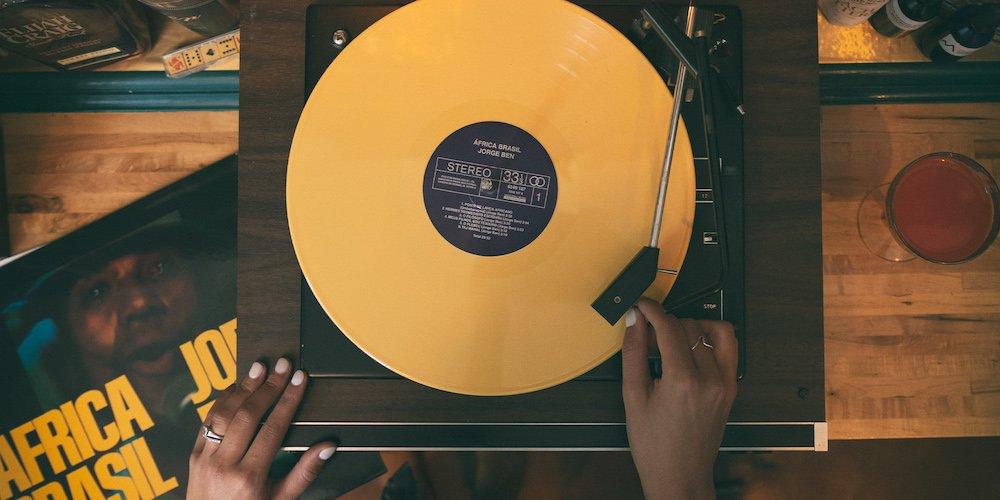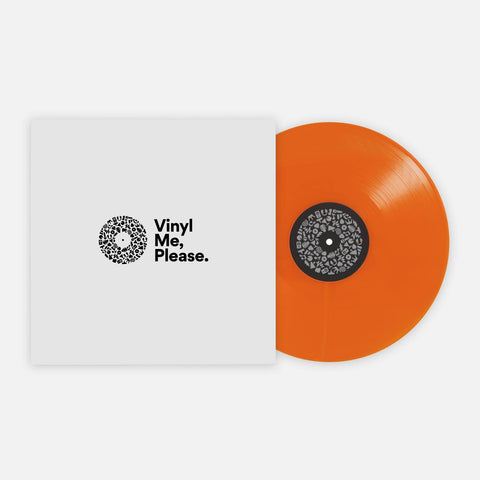The 10 Best Latin American Music Albums To Own On Vinyl
Latin rhythms have long been present in popular American music. From their influence in Jazz drumming, to the recent tropical influence in every other pop hit, we’re constantly reminded of the sounds originating from the southern portion of the American continent. We know Latin music through its influence on radio hits, and yet little we know of the opposite side of the cultural-interchange road.
American genres have defined music all over the world, and Latin American countries are no exception. Unique iterations of rock, hip hop and funk, among many other sounds, have flourished all over the continent, always offering a distinct vision of the genre to that of English-speaking artists.
In recent years, the internet has broken geographic and language barriers, allowing international exposure to Latin acts, and propelling their music to festivals all over the world. The 10 albums below are a statement on the Latin lifestyle and the way it translates to music. Whether you're one of the 46 million Spanish and Portuguese speakers in America, or you can't get beyond "Mi casa es su casa," your turntable deserves at least one of these records.

Soda Stereo: Canción Animal
On Canción Animal, Soda Stereo mastered the dynamic sound that cemented them as biggest Latin rock band ever. The record is a showcase of the band's extensive playbook , where instruments change roles from one song to another; from minimal guitar textures on top of a punctuating rhythm section, to stumping distorted riffs closely followed by bass and drums. The Argentinian trio's new wave and alternative rock sound composes an organic canvas for the lyrics to paint rich metaphors and erotic verses on. Tracks like the anthemic “De música ligera" resonated in soccer stadiums across South America throughout the 90's, and have become Latin American rock classics ever since.

Silvio Rodríguez: Al final de este viaje
Silvio Rodríguez is the biggest voice off the Nueva Trova scene, a musical movement born out of the Cuban Revolution in the ‘60s. Al final de este viaje is his finest collection of songs, and an essential piece in Latin singer-songwriter music. Accompanied by his acoustic guitar only, Rodríguez passionately sings poetic lyrics with vivid imagery of love, lust, afterlife and alienation. His virtuoso guitar playing alternates between beautiful finger-picking and chord strumming, hinting at times at southern Spanish, Middle Eastern, and Caribbean music. Songs like "Canción del elegido," "Ojalá," and "Óleo de mujer con sombrero" are packed with variations in performance, intensity and changes in key as a medium to convey contrasting feelings and moods within one piece.

Caifanes: El Silencio
Nearly two decades before their reunion show at Coachella 2011, Caifanes gifted Spanish-speaking music with El silencio. This album captured the pinnacle of a unique sound the band had been developing for years. Their eerie take on post-punk and new wave is filled with beautiful build-ups from dark atmospheric verses into full-rocking choruses. Guitar and bass take turns as the driving forces in each one of these songs, always imprinting in their playing heavy tints of traditional Mexican music. From cumbia and salsa to pre-Columbian music, each line contributes to the otherworldly feel of the songs. Add King Crimson's Adrian Belew on production and you have a unique album that despite the omnipresent folkloric feel, remains rock at all times.

Rodrigo Amarante: Cavalo
When Netflix's series Narcos exposed an audience of millions to the music of Brazilian singer-songwriter Rodrigo Amarante, few knew he was already a big name in both his country's traditional music and the Californian indie scene. His first solo project, Cavalo, shows the deep roots he has in these two seemingly disparate worlds. Thru 11 tracks sung in Portuguese, English and French, Amarante shares an intimate view of his own existence as an outsider in America. Delicate atmospheric production borrows from psychedelic and ambient music to complement melancholic singing and acoustic guitar that nod to traditional bossa nova, bolero and samba. Beautiful "Nada em Vao" and "I'm ready" evidence his Rio de Janeiro upbringing, while post-punk "Hourglass" speaks for his recent years in Los Angeles.

Ana Tijoux: 1977
Chilean MC Ana Tijoux has been catching ears beyond the Spanish-speaking world for years. You don't have to understand a word of the biographical title track or the love song "Problema de 2" to feel a connection with what she's saying. With help of outstanding production, the album delivers concrete messages and feelings in each song. Syncopated drums that remind of west coast producers, jazzy keys and a great use of sampling set the sensual tone for Ana Tijoux to throw her steady flow on top of. Neo Soul sparks and feature verses add variety to the album, keeping it interesting from beginning to end. If Thom Yorke and Iggy Pop loved her music without getting a word of it, you sure will too.

Café Tacuba: Re
Imagine 24 hours at Mexico City. The hectic traffic, the crowded metro trips, the plethora of sounds and colors in every street, and the smell of spicy food everywhere around you. By the time you go to bed, you've witnessed all kinds of scenes, immersed in an intense non-stop rhythm. That's what Café Tacuba's second album is like. By embracing a myriad of genres heard in their hometown, the quartet managed to convey the chaotic diversity of the city. With help of acclaimed producer and film composer Gustavo Santaolalla, the band took traditional genres and morphed them into a unique expression of art rock. This unparalleled fusion of contemporary urban sounds has lead Café Tacuba to international recognition, appearing in Coachella four times since 2003.

Gustavo Cerati: Bocanada
After the disintegration of Soda Stereo, front man Gustavo Cerati picked up the sonic experimentation on the band's last albums and went on to create a quintessential piece for alternative music in Spanish. His first solo record, Bocanada, contrasts eerie-sounding trip-hop production with bright pop melodies and beautiful guitar work. With the help of a 48-piece orchestra, a sampler, and synths borrowed from house music, Cerati crafted beautiful tracks that work together to portray the evolving mind-set of a complex man. Emotions go up and down, motifs are echoed throughout the album, and instrumental passages develop on the moods suggested by the lyrics. Just like life, the album is sensual and moody at times, passionate and chaotic at others.

Bomba Estéreo: Elegancia Tropical
Celebration is part of the Latin genome, therefore it is no surprise that the biggest Spanish speaking act of the last couple of years is one that devotes itself to dance-oriented music. Colombian band Bomba Estéreo captures the joyful spirit of the Latin life in their music, with tracks that blend Caribbean rhythms and house production. Elegancia Tropical is not a club banger, it is the soundtrack to a party by the beach. It’s not champagne showers, it's mojitos and sensual dancing. Electronic beats keep the party going, while bright guitar lines inflect strong tropical vibes. Tracks like "El alma y el cuerpo," "Pájaros" and "Pa' respirar" are able turn the coldest place into a Caribbean paradise.

Los Tres: Los Tres
The late 80's were dominated by synthesizers and bad haircuts, along with the New Wave and Post Punk music that came with them. However, Los Tres proved in their self-titled debut that modern-day sounds could be achieved without such excesses of hair spray and novelty instruments. With songs that pay homage to various inflections of jazz and blues, the Chilean band managed to insert themselves among the alternative rockers of the time. Melancholic, soulful and fun songs borrow chords and playing from traditional American genres, but transform them into a sound of their own. Pulsating drumming and frenetic rockabilly guitar lead the way thru the ten tracks that compose this showcase of human emotions.

Manu Chao: Clandestino
When traditional ranchera music Chavela Vargas was asked why she identified herself as Mexican regardless of being born in Costa Rica, she answered what loosely translates as "We Mexicans are born wherever the fuck we want." I guess a similar approach to cultural identity could be applied to French-Spanish artist Manu Chao, who in spite of his European origin writes music of undeniably Latin spirit. His first solo project, Clandestino, was the result of on-the-way recordings in numerous Latin American countries in collaboration with local artists. Words in four languages and music in all flavors from reggae to rumba show the Latin mind-set is not limited to ethnicity, it is an inclusive celebration of diversity and life.
Arnoldo Gutiérrez Brizuela is an architect who can't help but share his thoughts on his latest music findings with whoever is around. His Mexico City apartment is filled with compulsively bought records he's soon gonna run out of space for.
Related Articles
Join the Club!
Join Now, Starting at $36Pages

